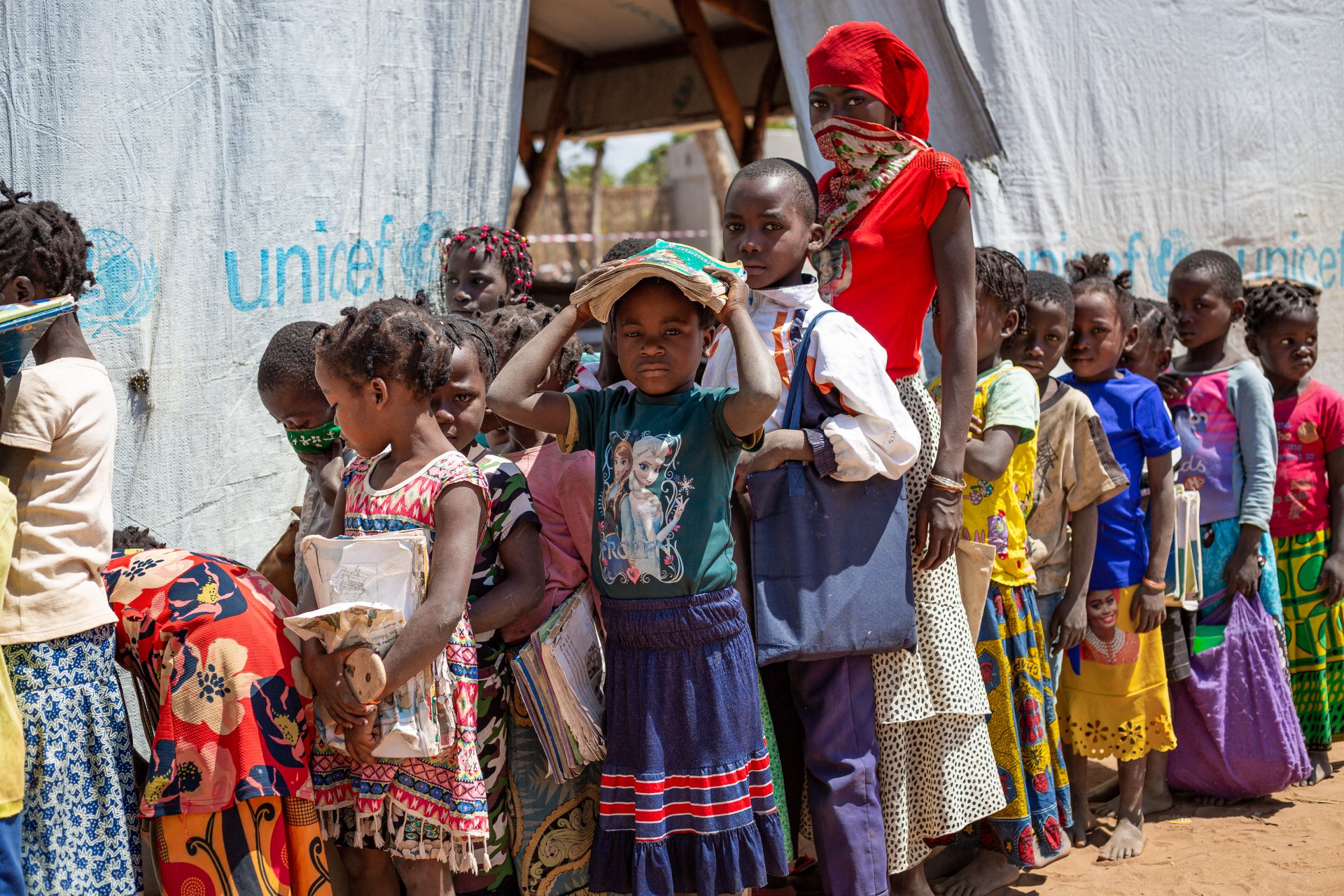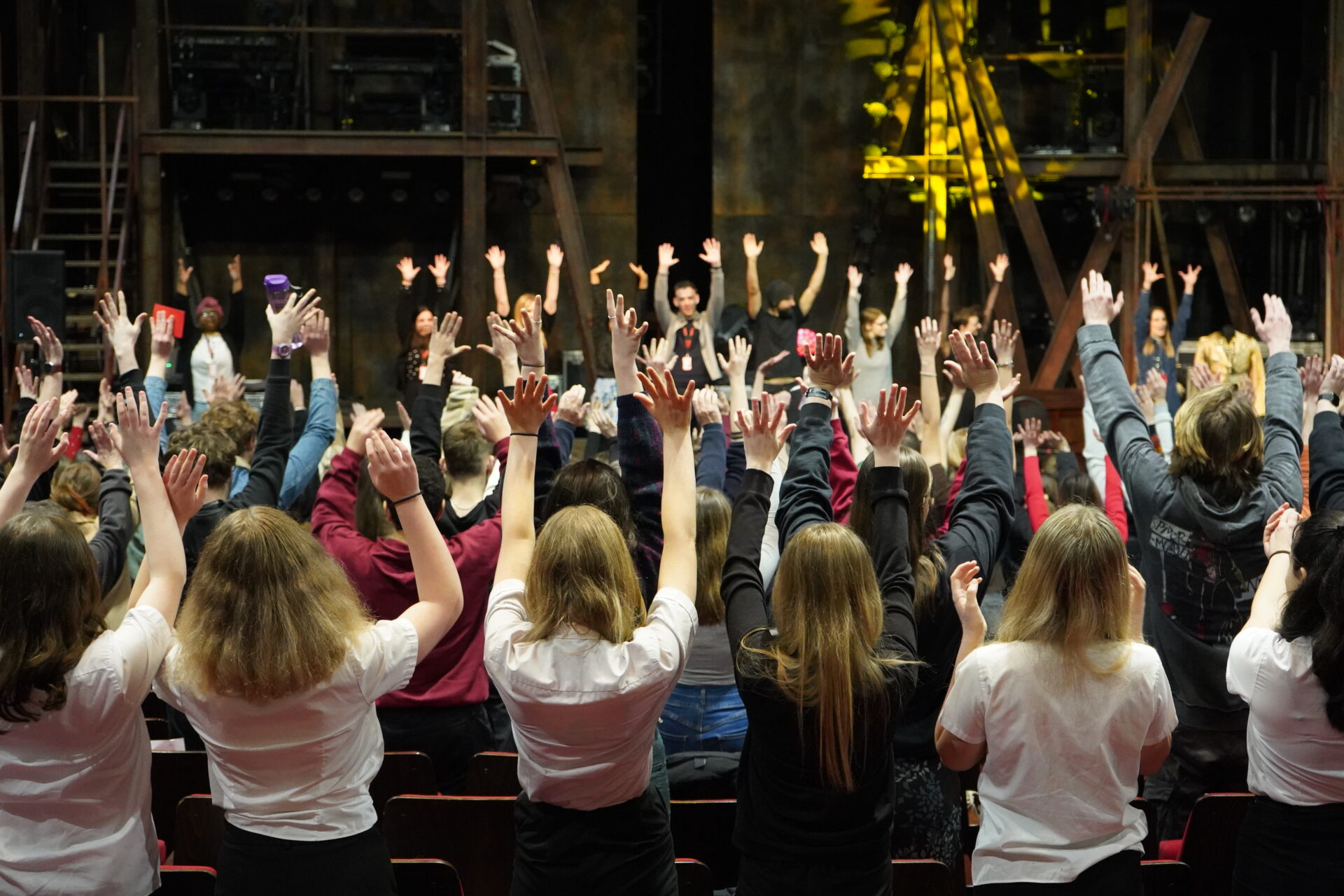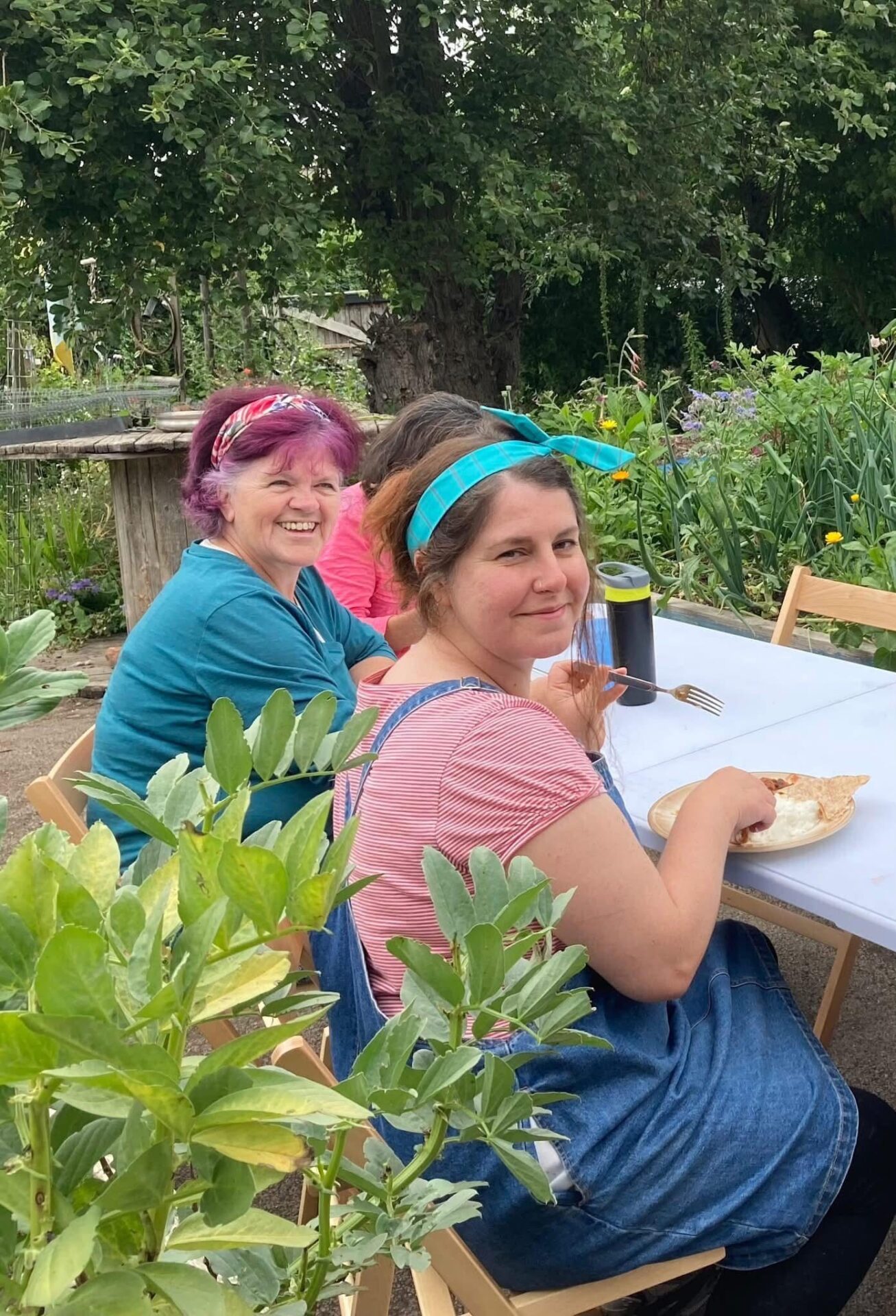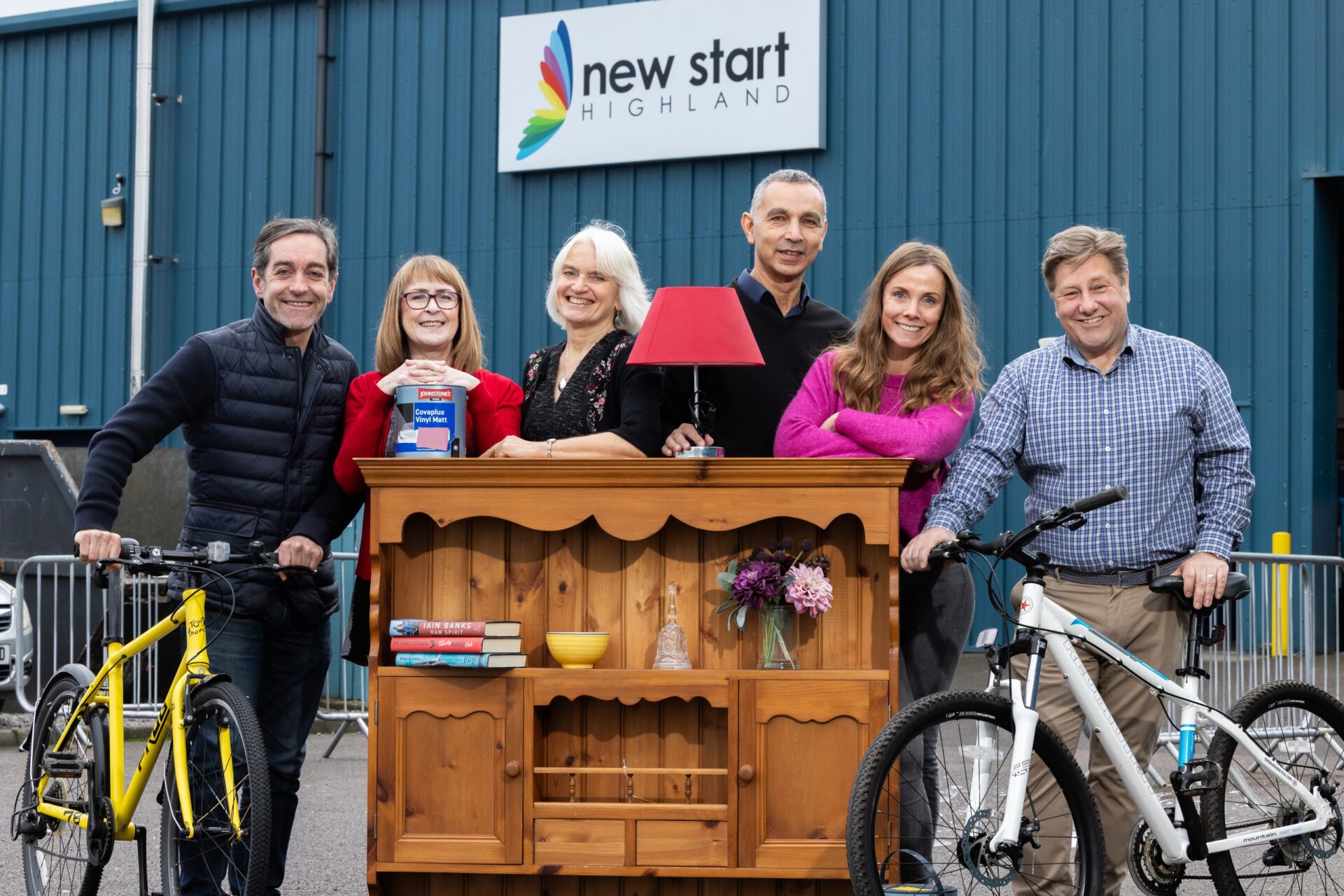ForAfrika is driven by a deep love for African people; and they are committed to continue working until everyone on the continent has the resources they need.
With their dedicated staff and partners, who live and work in the charity’s communities, they listen to the priorities of the people and together design programmes that lead to transformation.
ForAfrika believes that access to safe water is a basic human right. It contributes to improved health and nutrition, education and wellbeing. Without water, proper sanitation and hygiene is not possible and without proper sanitation and hygiene, people get sick. Water-borne diseases, especially in children under the age of five years, can lead to malnutrition or worse.
They are prepared to respond quickly and effectively to humanitarian disasters, and reducing their impact is vital, because economic instability and a lack of infrastructure means that African countries are more vulnerable to induced shocks. Their emergency response team is made up of trained technical specialists, ready to be deployed at short notice.
The charity also believes that every child deserves a better future and they address the barriers to education through nutrition and teacher training in their school-feeding programmes. ForAfrika’s food security and livelihoods programmes are tailored to not only alleviate short-term hunger but also to promote sustainable food systems that improve nutrition and uplift and transform communities.
Malnutrition appears in various guises and Africa suffers from the “double burden of malnutrition” — where undernutrition and overnutrition coexist. Both can lead to disease or death. According to the World Health Organisation, nearly half of deaths among children under five years of age are linked to undernutrition (also known as wasting). This is why the charity has undertaken to address moderate acute (MAM) and severe acute malnutrition (SAM) as a priority.
Finally, ForAfrika believes a resilient population will be able to withstand the shocks brought on by geopolitical events and climate change. When people are economically empowered, they will better be able to deal with disaster when it strikes and able to provide for themselves and their families.
Their economic empowerment activities aim to equip communities with the power to access and manage the resources they need for a sustainable livelihood, as well as to have greater success in their interactions with social institutions and other social actors who occupy relative positions of power.
In 2022 the Randal Charitable Foundation provided grant funding to 2 existing schools located next to resettlement camps in Montepuez, Mozambique. The grant will give 6,711 internally displaced children access to clean water and allow for the community to construct and equip 8 classrooms and build 12 accessible gender-specific latrines and handwashing facilities.
To find out more about ForAfrika visit here



